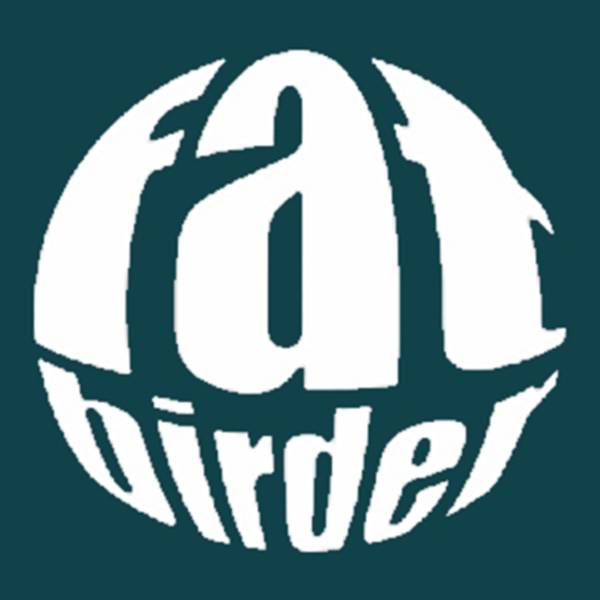Essential Ornithology by Graham Scott | OUP | Softcover | 2010 | £27.50 | 162 Pages | 100+ Illustrations | ISBN 9780198569978
Graham Scott’s intension was to provide a ‘way in’ to academic ornithology; an understanding of its essential tenets so that birders as well as intending students can better understand the object of their passion. In this birder’s opinion he has succeeded very well.
Essential Ornithology provides the reader with a concise but comprehensive introduction to the biology of birds, one of the most widely studied taxonomic groups. Scott has managed to give us both sufficient breadth and depth without overwhelming us with detailed case studies or diluting the science in too broad brushstrokes.
The book starts with the controversial question of the dinosaur origins of birds and their subsequent evolution. Development, anatomy, and physiology are then discussed followed by chapters devoted to avian reproduction, migration, ecology, and conservation. Sections dealing with aspects of bird/human relationships and bird conservation give the book an applied context. Drawing extensively upon the wider scientific literature, this engaging text places the results of classical studies of avian biology alongside the most recent scientific breakthroughs. Useful case studies are presented in a concise and engaging style with the student reader foremost in mind. Key points are highlighted and suggestions for guided reading and key references are included throughout.
I have no idea if there is an ‘A’ Level GCSE in ornithology, but I recon that if there is, then what one would learn from this book would ensure that you could pass it with a good grade to boot. I find far too few books bridge the chasm between the hobby birder and the professional ornithologist, as if each wants to preserve their arcana from the eyes of the other. I believe that the vast majority of birders would like more understanding but are put off delving into ornithology by the vast dry tomes full of the minutia of measurement and esoteric language often written by those who appear to prefer library dust to the wader-filled mudflats. Clearly Mr Scott dips his boots into both!
Fatbirder
